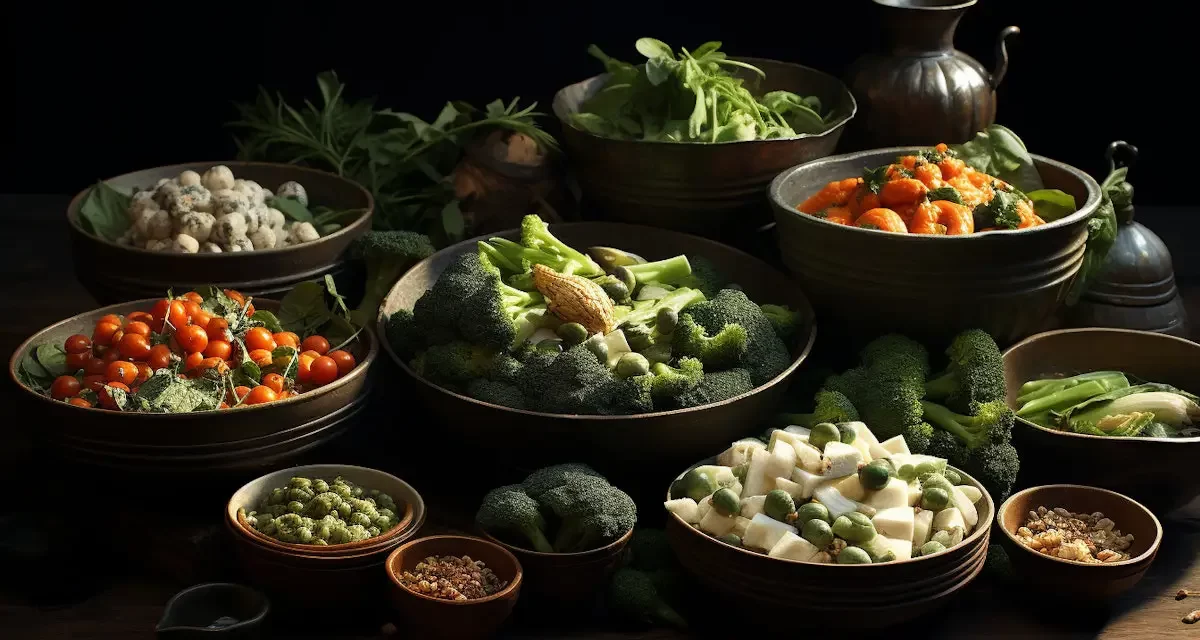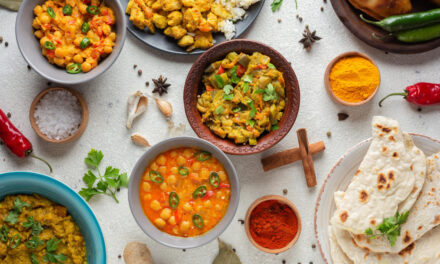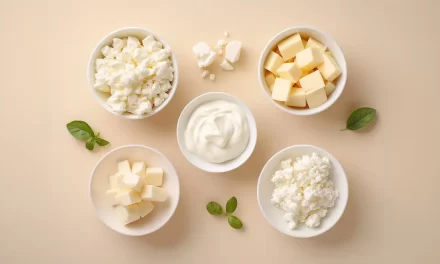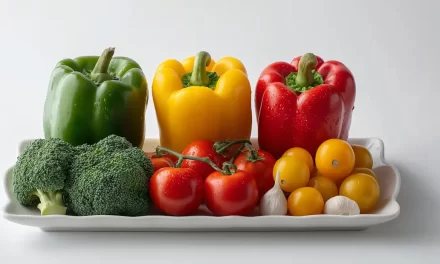Protein is one of the essential nutrients for our body as it helps in muscle growth and immune function but there is a myth that vegetarians struggle to get enough protein. Is it really true? No !! It is only a misconception ! After reading this paper you will be able to understand that a well planned vegetarian diet can easily fulfill your protein requirement.
Tofu and Tempeh: A Complete Protein
Tofu and Tempeh are two most famous protein rich foods in the diet of vegetarians. They give versatility in the process of cooking which can be stir fried, grilled, baked and gives a wealth of nutrients. It also can be added to salads and soups.
Tofu: It is considered as a complete protein as it has all nine essential amino acids which our body cannot produce. Moreover, their rich content of minerals and vitamins can support overall health like improved digestion and strong bones.
Tempeh: It is one of the protein-dense vegetarian foods and is made from fermented soybeans. Fermented soybeans can improve digestibility and absorption of nutrients. Therefore, it is a valuable choice for vegetarians who can easily get enough protein in their diet. It also has prebiotics that can make gut health better.
| Food items | Nutritional Value |
| Tofu | Per 100 gm serving tofu contains 17 gm of protein. |
| Tempeh | It has 21 gm of protein per 100 gm serving. |
Legumes: A powerhouse of Protein
Legumes are rich in protein as these have high affordability, sustainability and protein content. These features make them an accessible and valuable food source, particularly for vegans and vegetarians. Legumes including lentils, chickpeas and black beans are the richest plant-based protein sources. They are packed with minerals, vitamins and fibre that can make them a valuable vegetarian diet.
| Items | Protein Value |
| Lentils | One cup cooked lentil (198 gm) = 18 gm protein |
| Chickpeas | 1 cup serving cooked chickpeas (164 gm) = 15 gm of protein |
| Black beans | 1 cup cooked black beans (172 gm) = 15 gm protein |
Nuts and seeds: An excellent source of protein
Nuts and seeds such as almonds, chia seeds and hemp seeds are rich in protein and essential fatty acids. Not only protein, but they are also fully packed with fibre, fats and micronutrients. A handful of nuts or seeds can contribute to your daily intake of protein while keeping you satisfied and full. They also help to keep a good cholesterol level, improve the health of the heart and give a steady source of energy.
| Items | Nutritional Value |
| Almonds | ¼ cup serving can give 6 grams of protein with the monounsaturated fats, magnesium and vitamin E. |
| Chia seeds | 2 tablespoons of chia seeds have 4 gm protein and 10 gm fibre that can support digestion and heart health. |
| Hemp seeds | Three tablespoons of hemp seeds can give 10 grams of protein. They are a great source of omega-3 fatty acids which are necessary for the reduction of inflammation and brain function. |
Cottage cheese and Greek yoghurt: Another way of getting protein
Cottage cheese is a very good source of protein. It has casein which is a slow-digesting protein that can help in the growth and repair of muscle.
Greek yogurt is more thick than normal yogurt as it is strained to remove the liquid whey. This overall concentration can boost the content of the protein.
| Food items | Nutritional Value |
| Cottage cheese | 1 cup of cottage cheese can give nearly 28 grams of protein It is also rich in vitamin B12, calcium and phosphorus It is also low in fat |
| Greek Yogurt | 1 cup of regular Greek yoghurt can give 10 to 20 grams of protein. It has calcium, and vitamin B12 and is also considered probiotics for gut health. |
Spinach: A good combination of protein and other nutrition
It is not that much protein-dense as dairy products but it still can give a good amount of protein if it is consumed in larger quantities.
| Food items | Nutritional Value |
| Spinach | 1 cup of cooked spinach can give near about 5 grams of protein It is also rich in vitamins C, A and folate. |
Quinoa: A good source of protein
Quinoa is a full plant-based protein which has nine essential amino acids that can make it a significant source for vegans and vegetarians.
| Food items | Nutritional Value |
| Quinoa | 1 cup of cooked quinoa can give 8 grams of protein It is also rich in magnesium, vitamin B, iron and fibre. It has a good amount of antioxidants and can give a good amount of healthy fats. |
Spirulina: A superfood with protein
It is a blue-green algae which is called a superfood and gives a great amount of protein in a small serving.
| Food items | Nutritional values |
| Spirulina | 1 tablespoon= 4-gram protein It is a good source of vitamin B12, antioxidants and magnesium |
Seitan: Wheat meat
Another name of Seitan is wheat meat because it contains protein which is present in the wheat. It’s chewy texture makes it a famous meat substitute for vegans and vegetarians.
| Food items | Nutritional values |
| Seitan | 3 ounces = 21 grams of protein It has selenium, and iron to improve health |
Chia seeds: A combination of significant nutrients
These seeds are tiny in size but have an overall pack of nutrients including a good amount of protein as a plant-based source.
| Food items | Nutritional values |
| Chia seeds | 1 ounce = 4 grams of protein It also has omega-3 fatty acids, antioxidants and minerals. High fibre content can help in digestion and maintain blood sugar levels. |
Summary
Incorporating the above vegetarian sources into the diet is highly effective in fulfilling the protein requirements of the body. So don’t worry! If you are a vegetarian you can easily get enough protein to fulfill the needs of your body !!!





